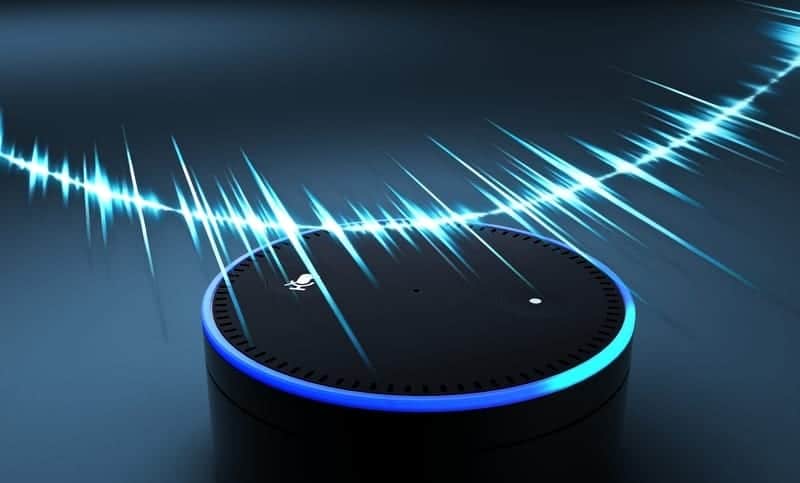People with speech impairments are now able to use the Voiceitt mobile app to access and interact with Amazon’s Alexa, Voiceitt announces.
Voiceitt features proprietary automatic speech recognition (ASR) technology designed to enable people with speech impairments resulting from stroke, degenerative disease, or developmental disorders to access voice-activated smart assistants and to communicate and be understood by voice.
Supported by $15M in government grants, corporate prize competitions and equity investment, Voiceitt built its speech recognition algorithms and expansive voice database by learning from people with atypical speech.
Expand Technology Offering
Leveraging the growing popularity of voice services and smart speakers, Voiceitt recognized the opportunity to expand its technology offering to facilitate not only in-person communication but also interaction with voice-activated and controlled devices, the Tel Aviv, Israel-based company explains in a media release.
“Voice technologies are increasingly mainstream, and this Alexa integration is testament to the growing awareness among major technology players of the importance of ensuring these technologies address the diverse needs and preferences of their customers, including people whose voices deviate from standard speech.
“Integration of Voiceitt’s speech recognition with a powerful service like Alexa further demonstrates Voiceitt’s value proposition in a rapidly expanding industry, and of our vision – to make speech recognition accessible to everyone.”
— Danny Weissberg, CEO and co-founder of Voiceitt
“We’re incredibly excited to work with Voiceitt to make Alexa accessible to even more people. We share the company’s vision to help people with speech impairments live more independently through voice. We were delighted to support them through an Alexa Fund investment and now through an Alexa integration via their mobile app.”
— Peter Korn, Director of Accessibility at Amazon Lab126
A Successful Pilot
The announcement follows a successful pilot with Inglis House, a long-term care wheelchair community for people with physical disabilities. In the pilot, Voiceitt worked closely with Inglis’ Assistive Technology Team to help participants with cerebral palsy and atypical speech use Voiceitt and Alexa to perform daily tasks, such as controlling channels on their TVs or playing music, independently.
For people with disabilities impacting motor control, the ability to navigate their environment and control smart devices by voice, especially during the COVID-19 pandemic, can decrease reliance on human caregiver support, helping to maintain social distancing practices while also opening up possibilities for more independent living, the release continues.
“Voiceitt takes the intuitiveness of Alexa and opens it up to an even larger population. It will prove to push beyond the boundaries of possibility for assistive technology while empowering its users.
“Due to lack of neurological and motor control, speech impairments are often accompanied by other motor control disabilities, making it difficult for some of our residents to do everyday activities like asking for help, saying hello to a friend, and turning off a bedroom light.”
— Dyann Roth, President & CEO of Inglis
“Voiceitt’s applicability can be extended from the voice-activated connected home to an array of use case settings, including care centers, disability organizations, elderly care facilities, and hospitals.
“During the worldwide pandemic, we empower our users to get things done by using technology rather than relying on other people, which can help reduce viral exposure. Most of all, the integration we implemented with Alexa demonstrates how Voiceitt can enhance independence and quality of life for people with disabilities, and those who care for and about them.”
— Sara Smolley, VP of Strategy and late co-founder at Voiceitt
[Source(s): Voiceitt, PR Newswire]
Related Content:
Voice Technology is Subject of Next VOICE Talks Livestream
Face, Voice, or Tap Can Control Touchscreens with This App
ALS Patients Perform Tasks with Thoughts
Reach Out to Stay Connected and Reduce Isolation





